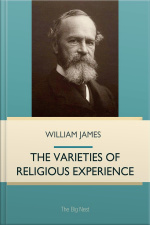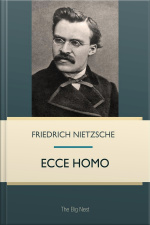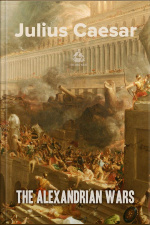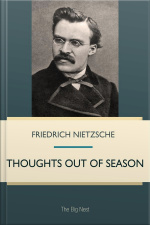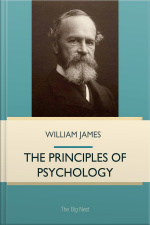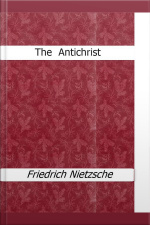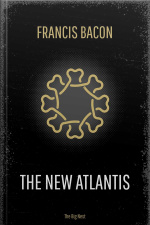The Varieties of Religious Experience is a book by Harvard University psychologist and philosopher William James. It comprises his edited Gifford Lectures on natural theology,...
Ecce Homo is the last prose work that Nietzsche wrote. It is true that the pamphlet Nietzsche contra Wagner was prepared a month later than the Autobiography; but we cannot...
When the war broke out at Alexandria, Caesar sent to Rhodes, Syria, and Cilicia, for all his fleet; and summoned archers from Crete, and cavalry from Malchus, king of the...
To the reader who knows Nietzsche, who has studied his Zarathustra and understood it, and who, in addition, has digested the works entitled Beyond Good and Evil, The Genealogy of...
Ethics is perhaps the most ambitious attempt to apply the method of Euclid in philosophy. Spinoza puts forward a small number of definitions and axioms from which he attempts to...
The Principles of Psychology was written by William James, an American philosopher and psychologist who trained to be a physician before going into psychology. There are four...
This book contains the original classic Chinese text and English translation of 'Tao Te Ching' forming foundation for both philosophical and religious Taoism. The roots of Taoism...
Among the most influential books in Western civilization, Aristotle's Poetics is really a treatise on fine art. In it are mentioned not only epic and dithyrambic poetry, but...
The Antichrist is a book by the philosopher Friedrich Nietzsche, originally published in 1895. Although it was written in 1888, its controversial content made Franz Overbeck and...
The novel depicts the creation of a utopian land where generosity and enlightenment, dignity and splendour, piety and public spirit are the commonly held qualities of the...
